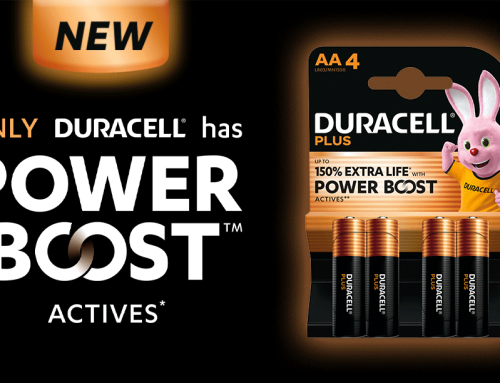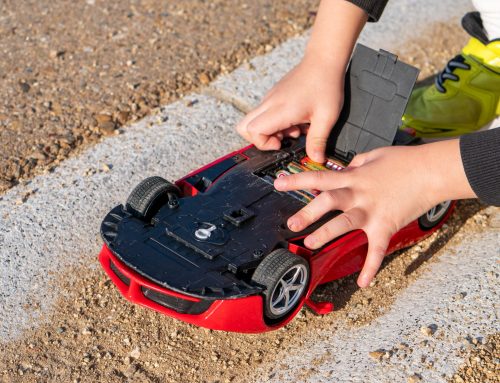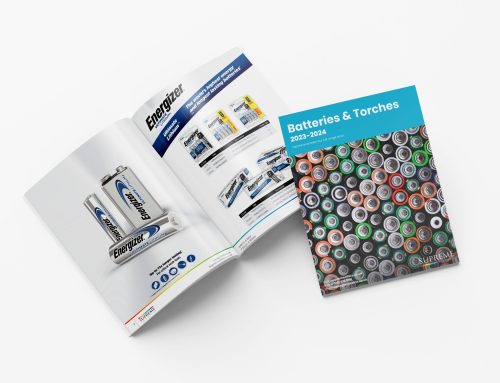As the battery market has expanded, customers are looking for a wide range of batteries. Here’s what they’re looking for:
Alkaline
General Purpose Disposable
Alkaline are the most common type of household batteries, providing a large amount of power at an inexpensive price point. Duracell, Energizer and JCB AA and AAA batteries are some of the best sellers on the market, and capacity varies very little from brand to brand.
A standard alkaline battery loses voltage gradually, leading to a steady decline in power output over time. As such, they will quickly be drained by high-drain devices such as digital cameras, as the remaining energy will not be enough to power the device.
High Drain Alkaline
Specialist Use for Personal Electronics
Batteries such as Duracell Ultra, Energizer Lithium and Panasonic Evolta are adaptations of the standard alkaline battery designed for use with personal electronics.
High drain alkaline batteries are a useful mid-way point between standard alkaline products which struggle to power electronics, and more efficient but expensive Lithium AA. As such, they are usually chosen by knowledgeable consumers who are nevertheless sticking to a small budget.
Lithium AA
High Power
Lithium AA are one of the most powerful primary battery types available on the market, and typically last three to seven times longer than an alkaline battery.
This makes Lithium AA batteries suitable for use with very high-drain devices, although it should be noted that a Lithium battery will not taper off like an alkaline battery – it will go from peak performance to drained very quickly.
Fortunately, it takes a long time to reach that point. A Lithium AA battery can power a low-drain device such as a smoke alarm for up to a decade. The initial outlay may be higher than with an alkaline battery, but consumers will experience long-term savings in most applications.
NOTE: Lithium AA shouldn’t be confused with the rechargeable Lithium Ion battery packs powering your mobile phone.
Ready to Use Rechargeable
Reliable Rechargeable
The main consumer complaint with rechargeable NiMH batteries is that their high self-discharge rate meant that they would not reliably hold a charge when not in use. When compared to the “out of the box” usability of alkaline batteries, rechargeables required forward planning.
Eneloop are the industry’s response to these complaints. Following from Panasonic’s industry-changing eneloop batteries, ready to use rechargeable batteries now have a drastically reduced self-discharge rate. They can now be supplied and sold pre-charged, allowing for the same user-friendly functionality as alkaline batteries.
Nickel-Zinc (NiZn)
Heavy Duty High Voltage
Thanks to their chemical makeup and design, Nickel-Zinc batteries are able to provide higher voltages than their alkaline predecessors, with no increase in size or weight.
As such, Nickel-Zinc products are able to achieve a higher voltage with less pack weight, making them cheaper to store, ship and handle. However the trade-off is that NiZn batteries remain one of the more expensive options on the consumer market.
Environmentally-minded customers will find the fully recyclable nature of NiZn batteries more attractive, which will go some way to offsetting objections raised by the batteries’ initial cost.
Zinc Carbon and Zinc Chloride
Traditional
Popular during the 1970s, these battery types have largely been supplanted by alkaline batteries and as such are rarely offered for sale.
Take a look at our product range on supremeoffers.co.uk or contact a member of our team on sales@supreme.co.uk
Have another enquiry? Click here.




























